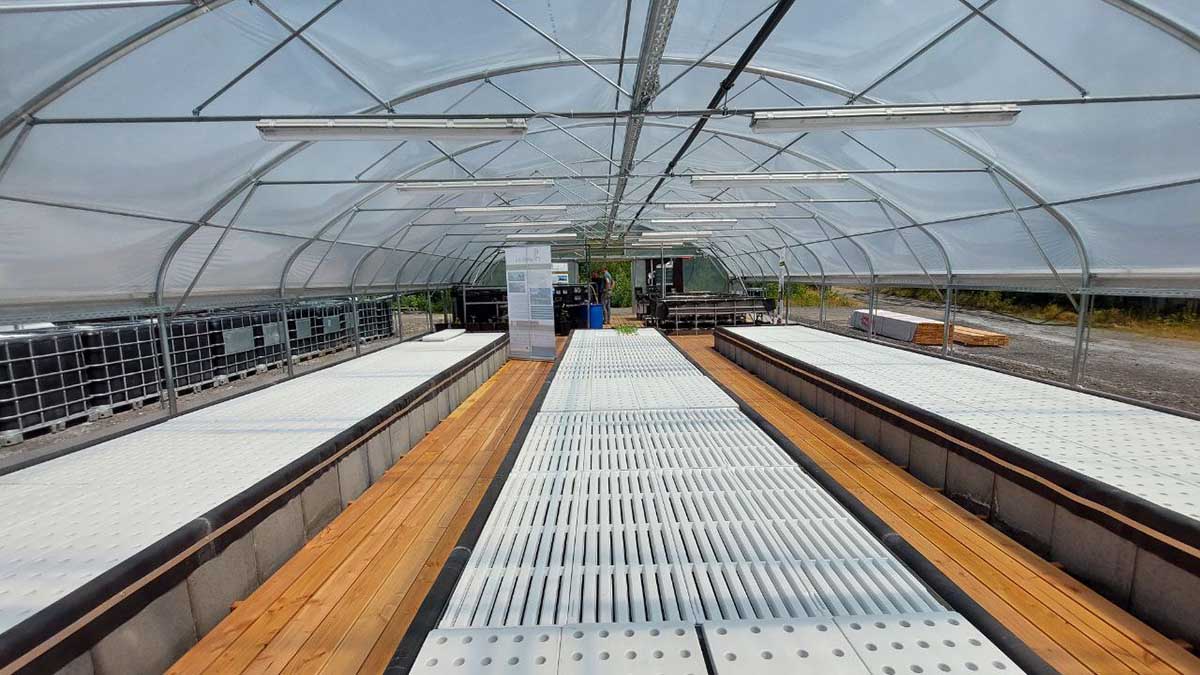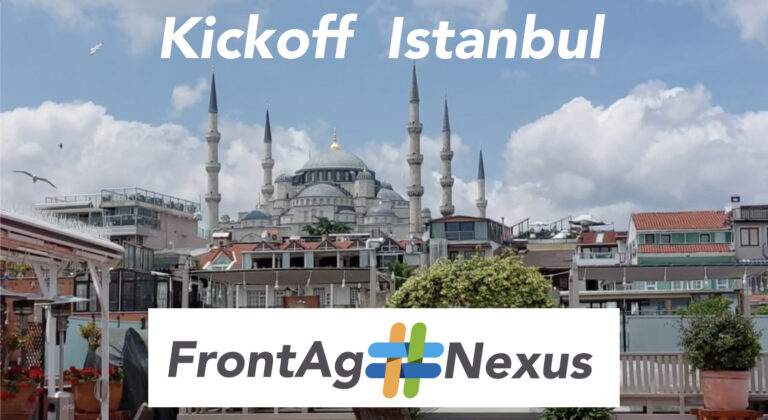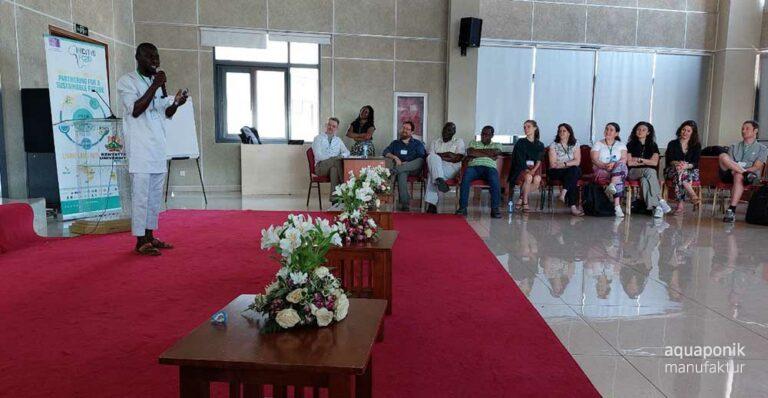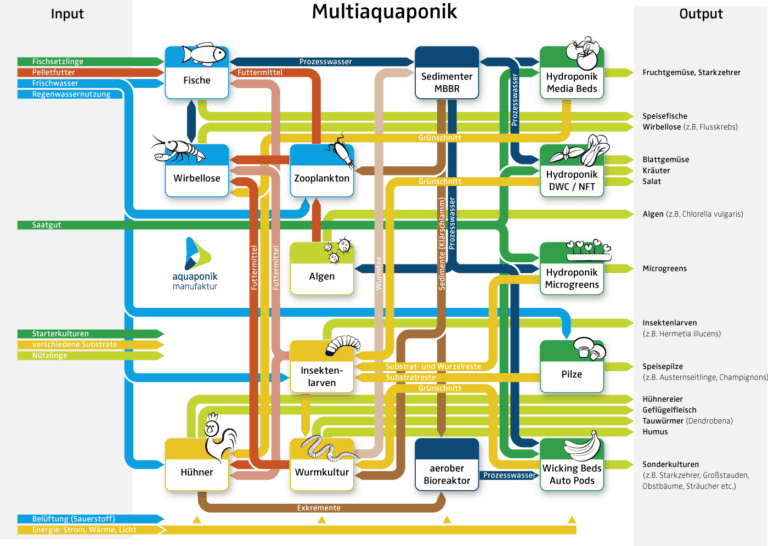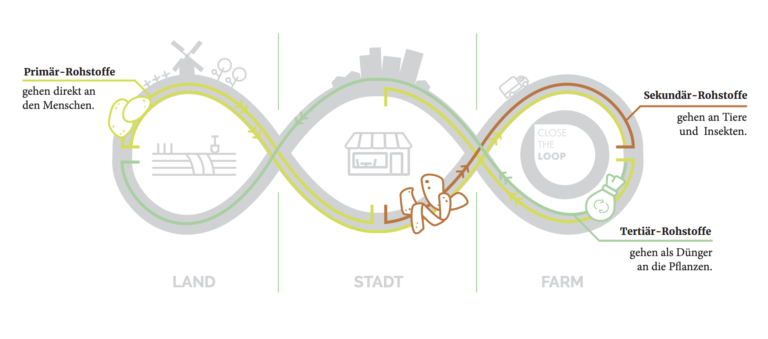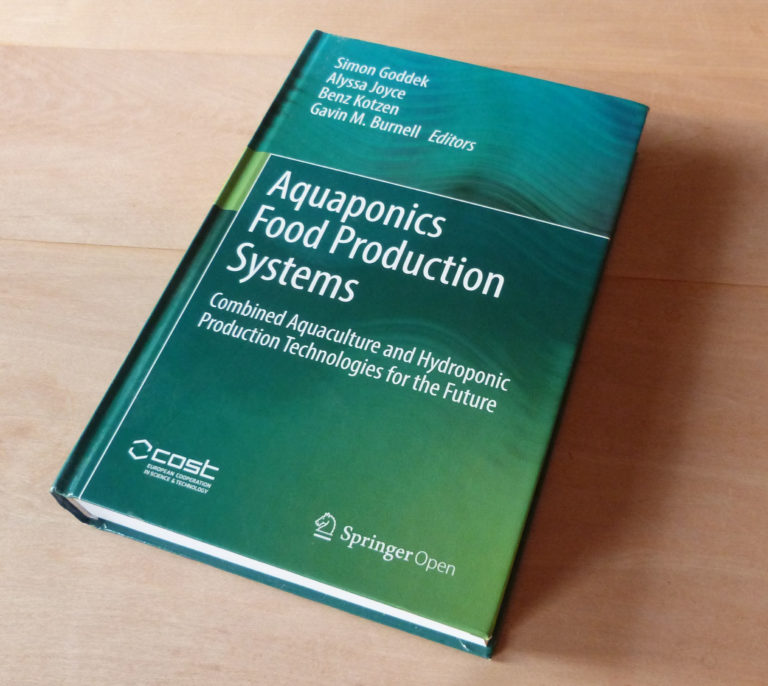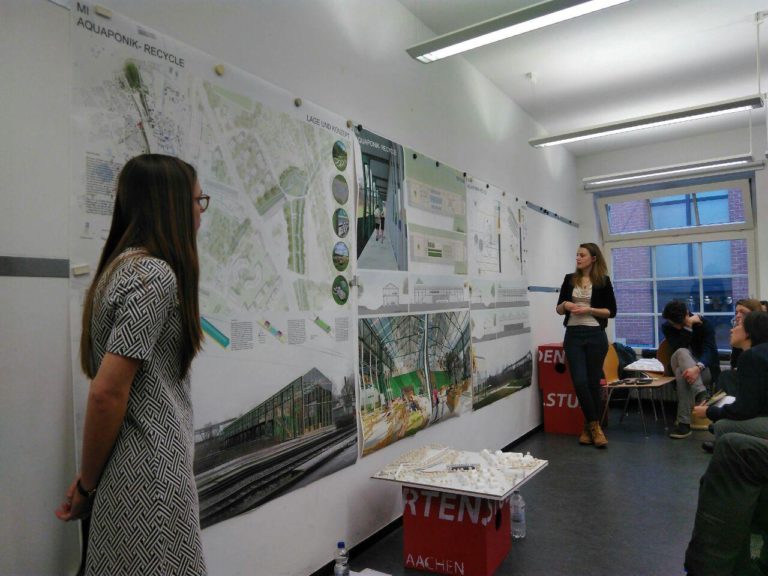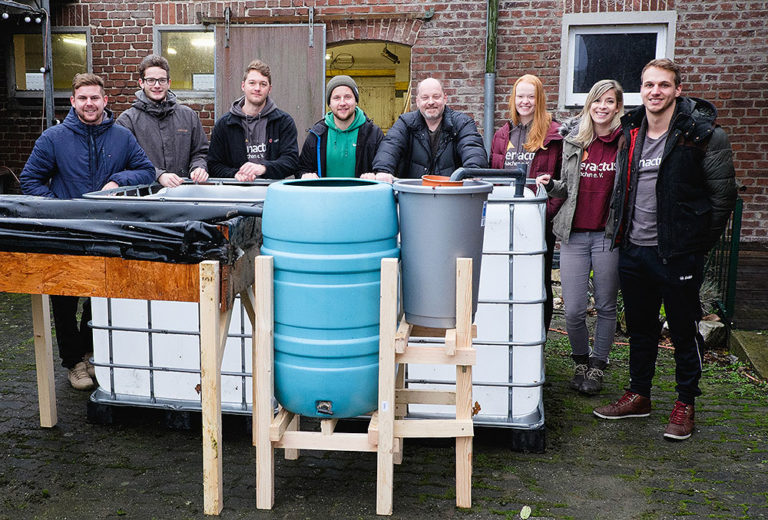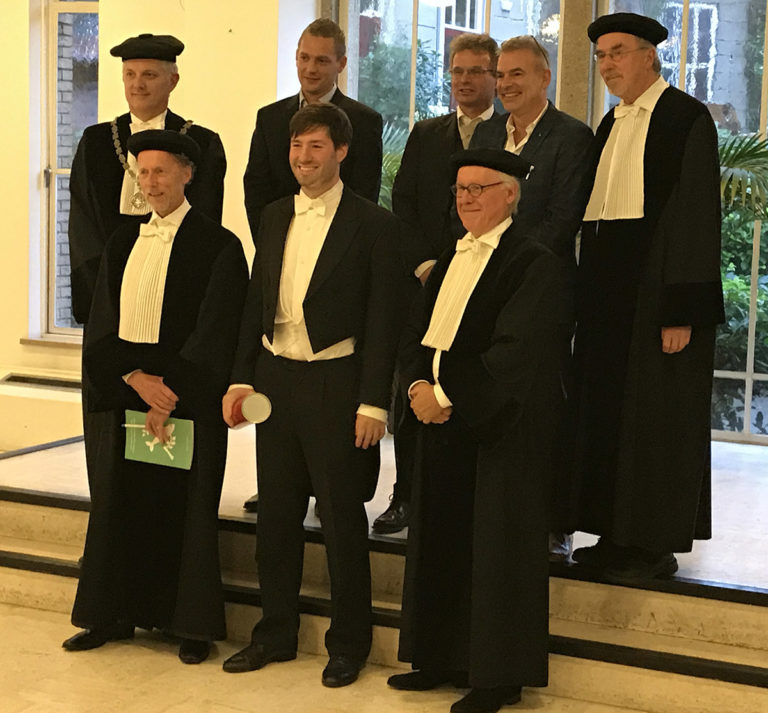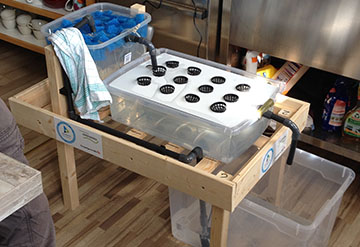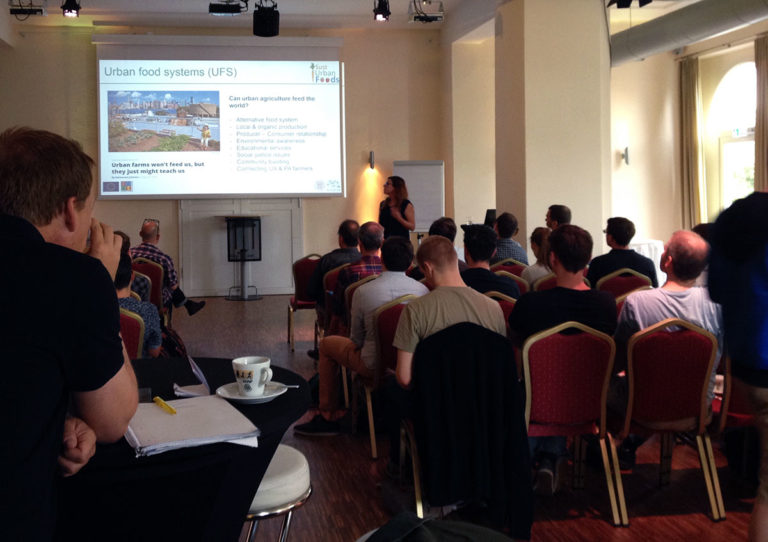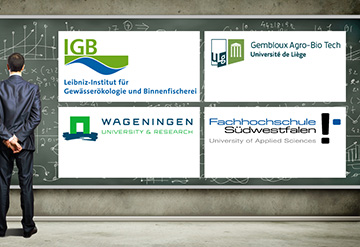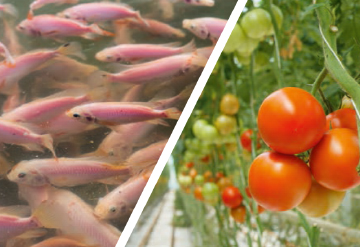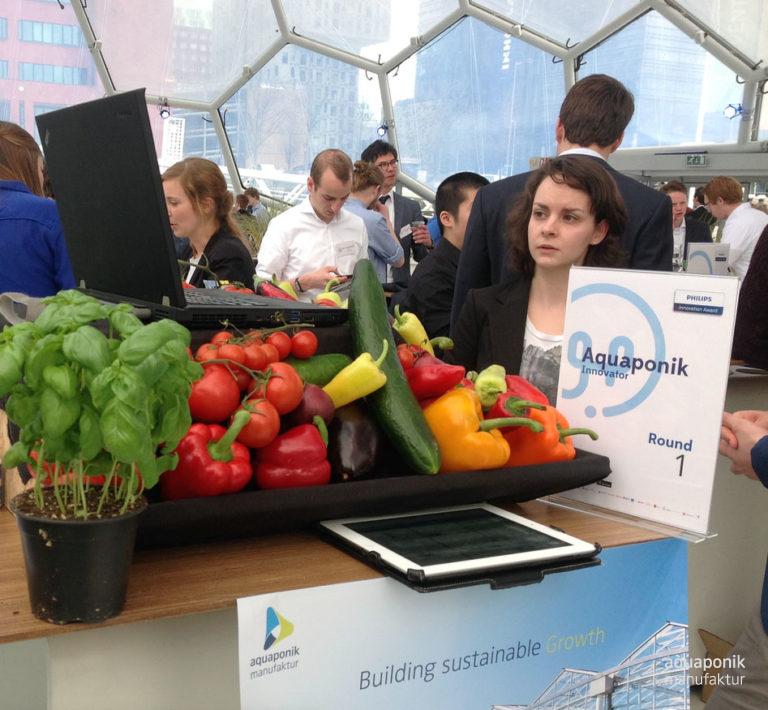We already pointed out in our article about our scientific project proGIreg über unsere Teilnahme am Forschungsprojekt proGIreg On Friday, June 16, 2023, the aquaponics facility on the grounds of the Hansa coking plant, which was created as part of the research project in Dortmund, was opened. Around 60 guests met early in the morning at 8 am in the greenhouses to take part in a guided tour of the facility with Rolf Morgenstern (FH Südwestfalen). The main part of the festivities then took place in the coking plant's historic washhouse, where representatives of all the project partners spoke on the occasion of the opening.
After the official program items, there was also plenty of time for exchange and networking, which continued into the early afternoon. We are pleased that the plant is now up and running. We have learned a great deal through our involvement in the planning and construction of the plant. We also enjoyed working with the project partners. With the completion, the project is now drawing to a close for us, but we are pleased with the result and that exciting new usage concepts now await the plant.

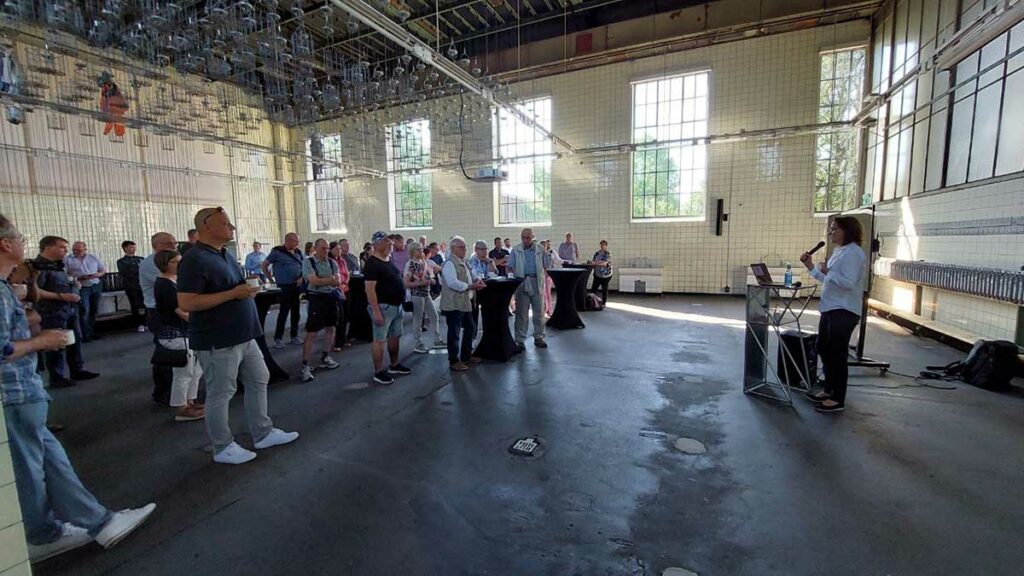
Overview of the "Hansaponik" aquaponics system
These are two identical aquaponics systems in lightweight greenhouses, each 200sqm in size, i.e. 400sqm in total. The only difference between the greenhouses is that one greenhouse is equipped with a large thermal storage tank. Thus, the differences can be optimally compared by the optimization in the otherwise identical systems. Thereby the outer skin of the greenhouses consists of an air-filled double foil, which offers a very good thermal insulation due to the approx. 20cm thick air cushion.
In each system are the following modules:
Aquaculture and water treatment
Fishtanks: 4 pcs 1,500l, Skimmer, Solid Lift Overflow
Open Gutter System
Biofilter: Moving Bed Bioreactor (MBBR)
Mechanical filtration: Radial Flow Settler (RFS)
Remineralisation via Batch Tank
Hydroponics
3 pcs Deep Water Culture 12 x 2m (72qm)
3 x Mediabeds, 4 x 2m (24sqm)
16 x AutoPot hydroponic system
Here, the DWC space includes a greenhouse-within-a-greenhouse module for growing seedlings or cultivating microgreens.
The system can be decoupled or coupled, i.e. the fish and plant circuits can be operated separately or as a closed circuit. Partial coupling is also possible, in which only part of the reflux from the hydroponics system is returned to the aquaculture system. In this way, the plant can be used very flexibly and in a wide variety of ways.



Thermal storage wall
The greenhouse as a whole is largely based on the concept of greenhouses according to traditional Chinese construction. Aligned along the course of the sun to the south side, with a transparent roofing, but in the background, i.e. on the south side, there is a thermal storage. This consists of a dark front, e.g. as a mass of water from black IBC tanks, which are heated by the sun. This principle is known and also researched as Passive Solar Greenhouse (PSG). The storage wall stores solar radiation in one of the greenhouses during the day and slowly releases the heat over the night.

Upcoming usage
The aquaponics systems will be operated jointly by the Urbanists and the University of Applied Sciences Südwestfalen until the end of the ProGIreg project in November. Due to the thematic relevance for the International Garden Exhibition in 2027, it was decided in multilateral talks to integrate the system as an integral part of the IGA Future Garden on the grounds of the Hansa coking plant. The lease agreement with the Industrial Monuments Foundation has already been extended. The South Westphalia University of Applied Sciences will assume responsibility for operation until the IGA.
The plant already serves as a research object for students of the University of Applied Sciences as well as international guests. Currently, for example, sensor readings are being recorded as part of a student master's thesis. The long-term goal is to advance both the technical and organizational development of this innovative production method.
In addition, alternative economic concepts for the operation of the plant are planned. One promising idea, for example, is to rent out the hydroponic beds in plots. Inspired by established concepts such as rental gardens, the "rent-a-raft" operating concept has been developed. Here, the revenue side is decoupled from production quantity and quality, and marketing is independent of traditional food retail distribution channels. The aim is to explore financially stable and sustainable business management. The concrete business form can be chosen flexibly, whether as an association, cooperative or conventional company.
Potential users of these plots are people who want to produce healthy food sustainably themselves, but have no space or opportunity to run their own garden. The plants in our aquaponics system are optimally watered and naturally fertilized, eliminating the need for tedious weeding of the beds. The operator takes care of plant protection through the use of beneficial insects, as chemical pesticides are generally avoided due to the fish. In addition to the beds in deep water culture, substrate beds are set up on which herbs are grown.
If you would like to follow the further use of the plant, you will find current articles on this topic on the Hansagrün-Blog.
And all in the middle of the monument
A special feature for us was always the location of the plant in the middle of the Hansa coking plant, which sometimes presented an unbelievable to unreal backdrop. Which didn't surprise us at first, because the proGIreg project is precisely about the use of post-industrial and contaminated sites. But this environment remains an impressive place, even though we have been here so many times by now.
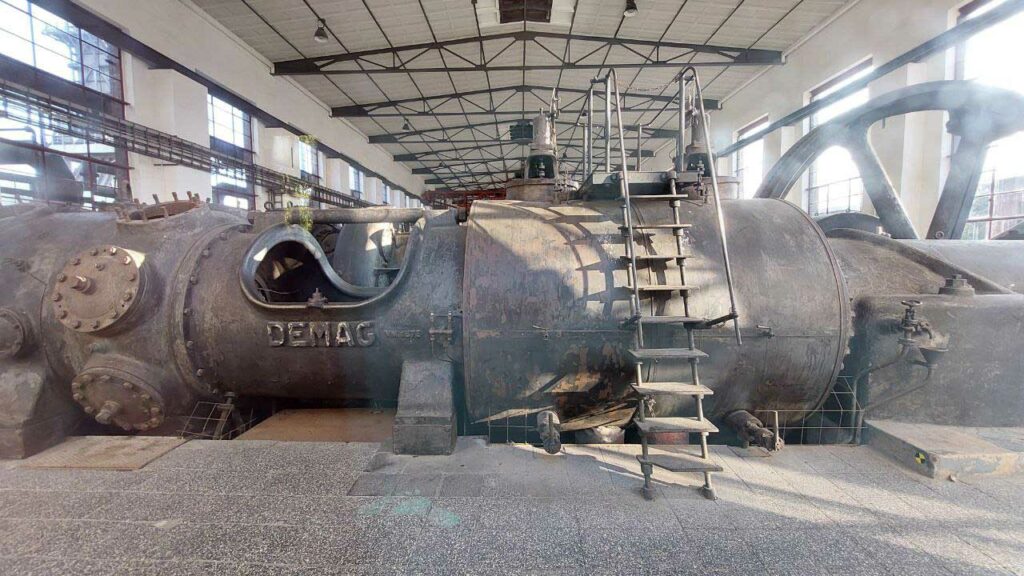


This project has received funding from the European Union’s Horizon 2020 innovation action programme under grant agreement no. 776528. The sole responsibility for the content of this website lies with the proGIreg project and in no way reflects the views of the European Union.

